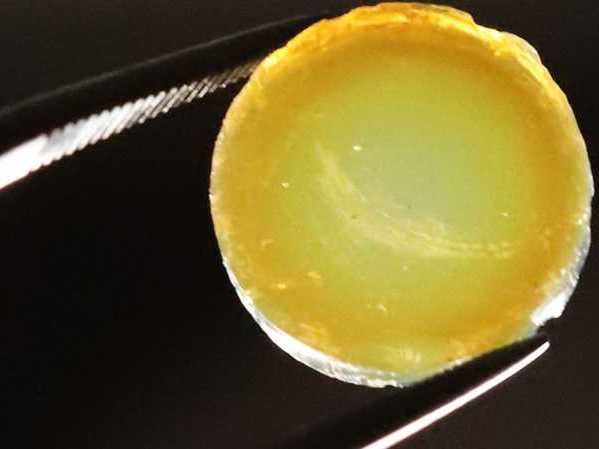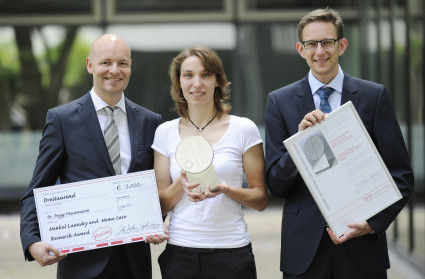BASF to build new chelating agent plant for more sustainable detergents and cleaners
Investment responds to growing worldwide demand for phosphate alternatives
In order to meet the fast growing global market demand for its innovative chelating agent, BASF will build a new Trilon®M (methylglycinediacetic acid) world scaleplant at Evonik’s Theodore, Alabamasite. The investment will be about $90 million and create around 20 additional jobs. The new production facilityis planned to start up in the second half of 2015.
BASF’s chelating agent is readily biodegradable and improves the cleaning effect of detergents and cleaners inhome care and industrial and institutional (I&I) cleaning applications.It isemerging as the preferred alternative to phosphates in modern, high-performance, ecological dishwashing detergents.
“We continue to see rapid market growth for more eco-friendly cleaning products,” saidGabriel Tanbourgi, President of BASF’s Care Chemicals division. "With the expansion and globalization of our Trilon® M production capacity we will beable to serve the global demand for Trilon® M and supportour customers on their path towards sustainable cleaning solutions."
The investment in Theodore, Alabama, will free up capacity in Ludwigshafen, Germany, to serve the increasing European demand for Trilon® M triggered by the phosphate regulation for consumer automatic dishwashing detergents which is expected in 2017. In the United States, phosphates were already banned from consumer automatic dishwashing detergents in 16 states in 2010.
BASF brought a new world scale plant expansion for Trilon® M on stream in Ludwigshafen in 2010. Trilon® M was approved by the Environmental Protection Agency’s (EPA) Design for the Environment (DfE) certification programin 2011. BASF currently manufactures its chelating agents at its Ludwigshafen site, in Lima, Ohio and in Guaratinguetá, Brazil.
Most read news
Topics
Organizations
Other news from the department manufacturing

Get the chemical industry in your inbox
By submitting this form you agree that LUMITOS AG will send you the newsletter(s) selected above by email. Your data will not be passed on to third parties. Your data will be stored and processed in accordance with our data protection regulations. LUMITOS may contact you by email for the purpose of advertising or market and opinion surveys. You can revoke your consent at any time without giving reasons to LUMITOS AG, Ernst-Augustin-Str. 2, 12489 Berlin, Germany or by e-mail at revoke@lumitos.com with effect for the future. In addition, each email contains a link to unsubscribe from the corresponding newsletter.
Most read news
More news from our other portals
Last viewed contents
Haplogroup_N_(Y-DNA)
Glycoside
Lots of lead in the water? Maybe manganese is to blame - Researchers have found the naturally occurring mineral can speed up the production of lead dioxide under certain circumstances




























































